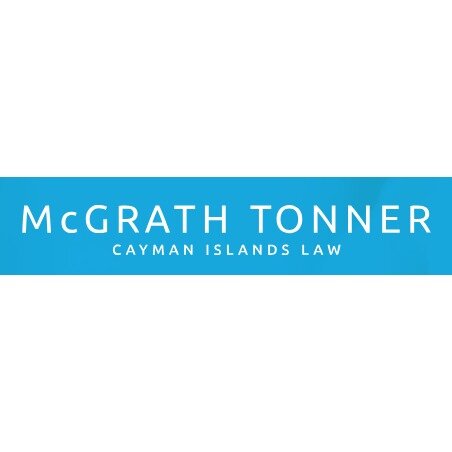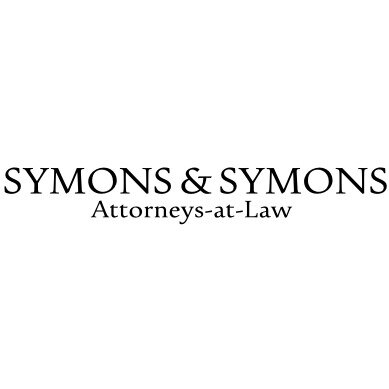Best Wrongful Termination Lawyers in Cayman Islands
Share your needs with us, get contacted by law firms.
Free. Takes 2 min.
Or refine your search by selecting a city:
List of the best lawyers in Cayman Islands
About Wrongful Termination Law in Cayman Islands:
Wrongful termination refers to situations where an employer fires an employee for illegal reasons, such as discrimination, retaliation, or in violation of labor laws. In the Cayman Islands, employees have rights that protect them from being wrongfully terminated. These rights are outlined in various statutes and regulations.
Why You May Need a Lawyer:
You may need a lawyer if you believe you have been wrongfully terminated. This could include situations where you were fired for reasons related to your race, gender, religion, or age. A lawyer can help you understand your rights, gather evidence, and represent you in legal proceedings.
Local Laws Overview:
In the Cayman Islands, the Employment Law governs the rights and responsibilities of both employers and employees. Some key aspects related to wrongful termination include the right to fair treatment, protection from discrimination, and entitlement to notice or severance pay upon termination.
Frequently Asked Questions:
1. What constitutes wrongful termination in the Cayman Islands?
Wrongful termination can occur if an employee is fired for reasons that are discriminatory, retaliatory, or in violation of labor laws.
2. How long do I have to file a claim for wrongful termination?
Employees in the Cayman Islands typically have six months from the date of termination to file a claim for wrongful termination.
3. What remedies are available for wrongful termination?
Remedies for wrongful termination may include reinstatement, compensation for lost wages, or severance pay.
4. Can I be fired without notice in the Cayman Islands?
Employers in the Cayman Islands are generally required to provide notice or pay in lieu of notice unless there is just cause for immediate termination.
5. How can a lawyer help me with a wrongful termination case?
A lawyer can help you assess the strength of your case, negotiate with your employer, and represent you in legal proceedings if necessary.
6. Can I file a wrongful termination claim if I was a contract worker?
Contract workers may still have rights under the Employment Law in the Cayman Islands, depending on the nature of their employment.
7. What should I do if I believe I have been wrongfully terminated?
You should document the reasons for your termination, gather any relevant evidence, and seek legal advice as soon as possible.
8. How much does it cost to hire a lawyer for a wrongful termination case?
The cost of hiring a lawyer for a wrongful termination case can vary depending on the complexity of the case and the lawyer's fee structure.
9. Can I reach a settlement with my employer before going to court?
Yes, it is possible to reach a settlement with your employer through negotiation or mediation before taking legal action.
10. How long does it take to resolve a wrongful termination case in the Cayman Islands?
The timeline for resolving a wrongful termination case can vary depending on the complexity of the case and whether a settlement is reached.
Additional Resources:
For more information on employment rights and wrongful termination in the Cayman Islands, you can contact the Department of Labour and Pensions or consult with the Cayman Islands Law Society.
Next Steps:
If you believe you have been wrongfully terminated, it is important to seek legal advice as soon as possible. Contact a lawyer who specializes in employment law to discuss your situation and explore your options for seeking justice.
Lawzana helps you find the best lawyers and law firms in Cayman Islands through a curated and pre-screened list of qualified legal professionals. Our platform offers rankings and detailed profiles of attorneys and law firms, allowing you to compare based on practice areas, including Wrongful Termination, experience, and client feedback.
Each profile includes a description of the firm's areas of practice, client reviews, team members and partners, year of establishment, spoken languages, office locations, contact information, social media presence, and any published articles or resources. Most firms on our platform speak English and are experienced in both local and international legal matters.
Get a quote from top-rated law firms in Cayman Islands — quickly, securely, and without unnecessary hassle.
Disclaimer:
The information provided on this page is for general informational purposes only and does not constitute legal advice. While we strive to ensure the accuracy and relevance of the content, legal information may change over time, and interpretations of the law can vary. You should always consult with a qualified legal professional for advice specific to your situation.
We disclaim all liability for actions taken or not taken based on the content of this page. If you believe any information is incorrect or outdated, please contact us, and we will review and update it where appropriate.
Browse wrongful termination law firms by city in Cayman Islands
Refine your search by selecting a city.
















